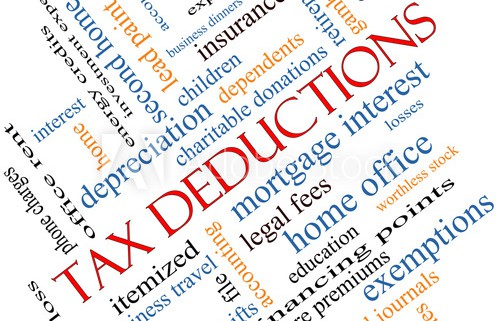Christmas parties
Christmas parties are consider to be “entertainment benefits” and as such are subject to FBT unless specifically exempt, or the “minor benefits” exemption apples. A minor benefit is one that is provided to an employee or their associate (e.g. spouse) on an “irregular” or “infrequent” basis, which is not a reward for services, and the cost is less than $300 “per benefit” inclusive of GST. (Less than $300 means $299.99 or less, typical of our tax system)
Having your Christmas party on the business premises on a working day is usually the most tax effective. Expenses such as food and drink (including alcohol), are exempt from FBT for employees with no dollar limit, but no tax deduction or GST credit can be claimed. However, where employees’ families (i.e. associates) also attend and the cost attributable to the associate is $300 or more inclusive of GST, there is FBT on the associates portion of food and drink, and a tax deduction and GST credit can be claimed on that portion. The cost of clients attending the party are not subject to FBT, but no income tax deduction or GST credit can be claimed on their portion of the cost.
Where the Christmas party is held on the business premises on a working day with only employees and clients attending, and only finger food or a light meal and no alcohol is provided, then the entire cost is tax deductible. There is no FBT and a GST credit can be claimed on the entire cost.
Christmas parties held off the business premises are exempt from FBT where the cost for the employee and their associate is each less than $300 inclusive of GST but no tax deduction or GST credit can be claimed. The cost of clients attending the party are not subject to FBT, and no tax deduction or GST credit can be claimed on their portion of the cost.
Importantly, benefits provided to employees at the Christmas function are considered separately when applying the $300 minor benefits exemption. For example, a Christmas party is held at a restaurant costing $220 per head, and at the same time employees are provided with a Christmas hamper (considered a non entertainment gift), costing $85. Although the total cost is more than $300, the provision of both benefits will usually be exempt from FBT under the minor benefits exemption.
For the Christmas party expenses, the business will not be entitled to claim either a tax deduction or a GST credit. However, a tax deduction and GST credit claim should be available on the cost of the hamper as this is not considered to be “entertainment”.
Gifts
Non-entertainment gifts provided to employees are usually exempt from FBT where the total value is less than $300 inclusive of GST. A tax deduction and GST credit can also be claimed. These include flowers, wine, perfumes, gift vouchers and hampers as mentioned above.
Non-entertainment gifts given to clients and suppliers do not fall within the FBT rules as they are not provided to employees. Generally a tax deduction and GST credit can be claimed for these gifts, provided they are not excessive or overly valuable.
The provision of entertainment gifts has different tax implications (examples include theatre tickets, passes to attend a musical, live play, movie, tickets to a sporting event or providing a holiday). Where the cost for the employee and their associate is each less than $300 GST inclusive, FBT is not payable, and no tax deduction or GST credit can be claimed.
However, if the cost for the employee and their associate is each $300.00 or more GST inclusive, a tax deduction and GST credit can be claimed, but FBT is payable. The cost of any entertainment gifts provided to clients is not subject to FBT, and no tax deduction or GST credit can be claimed.







